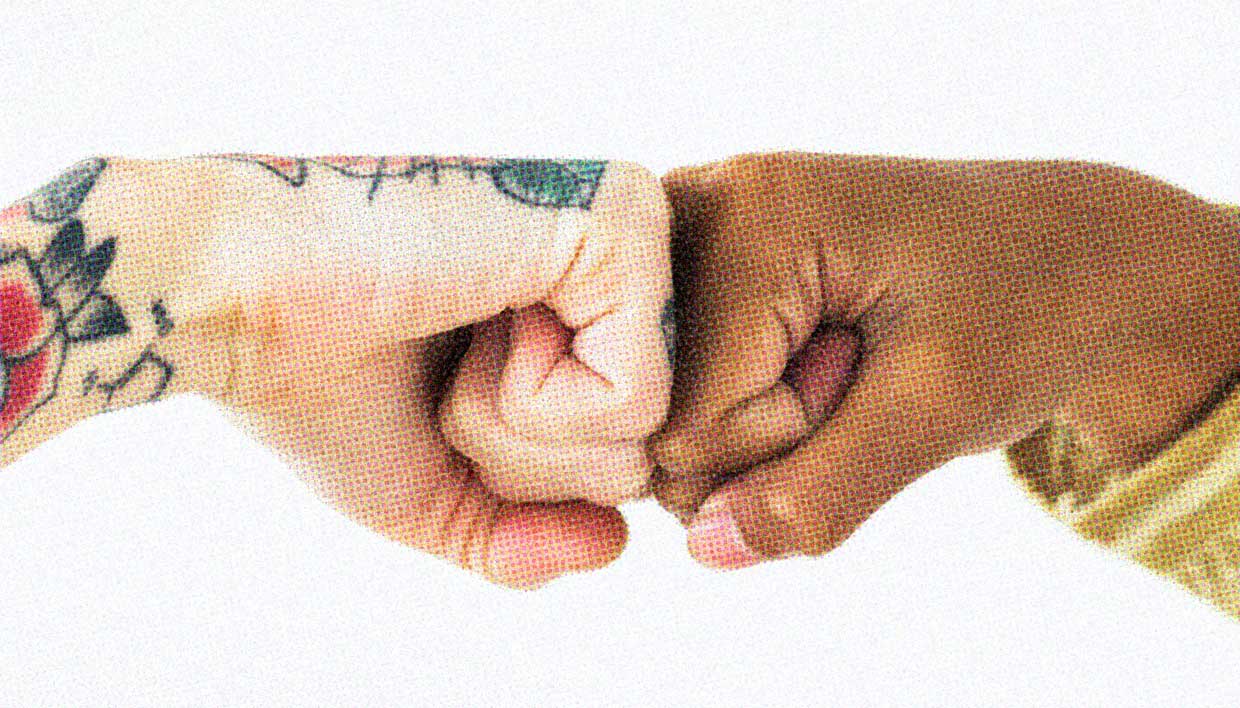
The word “virgin” word carries a lot of weight, especially if you’re in your late teens or early 20s. For some, it’s a source of pride. For others, it’s pressure, confusion, or even shame. But here’s the truth that not enough people say out loud: Virginity is a social construct. And once you understand that, it can free you from a whole lot of unnecessary stress.
So what does that even mean - “Virginity is a construct?”
It means that virginity isn’t a fixed, universal thing. It’s not a medical condition. It’s not something you can see or lose or give or take. Different cultures, religions, and societies have created their own definitions of what counts as "losing your virginity”, and surprise, they often contradict each other.
Is it penis-in-vagina sex (P in V)? What about oral sex? What about queer sex? Does it have to involve love, or marriage? What if it wasn’t consensual? Does that count? As soon as you start asking questions, the whole idea of virginity starts to fall apart.
That’s because virginity is less about sex and more about the meaning we attach to it.
Historically, virginity (especially for women) has been tied to purity, morality, and worth. That’s a toxic combination. It’s led to centuries of shame, control, and double standards. Women have been told their value depends on keeping their bodies “untouched,” while men have often been pressured to “lose it” quickly to prove their masculinity. Neither of those narratives is healthy.
If you’ve ever felt like your value is somehow wrapped up in whether or not you’ve had sex, you’re not alone. But you get to define what intimacy, readiness, and confidence mean to you.
At HUD App, we believe in real connection, open conversations, and sexual agency, not shame. Whether you’ve had sex a dozen times, once, or not at all, you’re not “ahead” or “behind.” You’re just living your own story, and that story is valid.
Some people choose to wait for religious reasons, personal comfort, or emotional readiness. Others dive in earlier to explore their sexuality. Both choices are completely okay, as long as they’re made with you in the driver’s seat, not out of fear or pressure.
So let’s rewrite the script. Instead of asking, “Am I still a virgin?” ask, “Am I making choices that feel right for me?” Instead of worrying about how you measure up, focus on how you feel. Are you being safe, respectful, and true to yourself and your partner(s)? That’s what actually matters.
Letting go of the concept of virginity doesn’t mean sex loses its meaning; it just means you get to choose the meaning. And when that meaning comes from a place of self-respect, curiosity, care, and consent, it’s much more powerful than a label could ever be. There’s no finish line or door to pass through; just a lifetime of choices, growth, and connection, on your own terms and in your own time.
Read more
Wellbeing
What is resilience, and how does it affect our sex life?
What if resilience has more to do with your sex life than you think? Sexologist Amari Leigh reflects on how the way we handle stress and self-doubt shapes our experiences in the bedroom.
